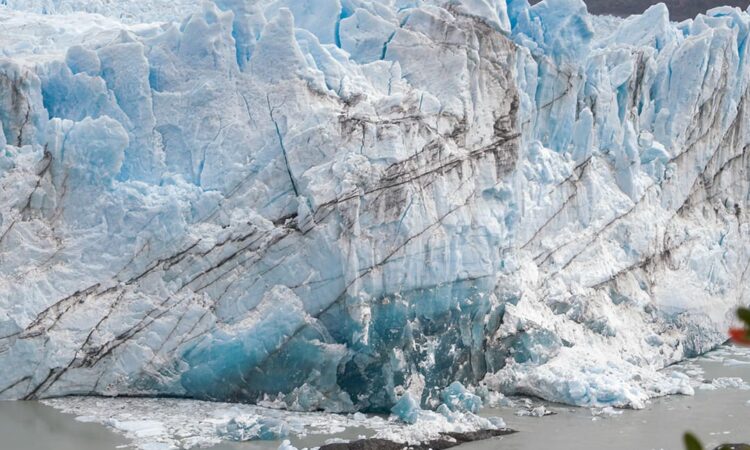The rules of living on our planet are the same for everyone. At the same time, scientists especially emphasize that in Antarctica you can’t litter and defecate wherever you want. Why do they pay increased attention to this territory?
People who work in Antarctica or have been there as tourists note that this cold surface can teach a lot. First of all, discipline and responsible attitude to the surrounding world.
For the whole planet Antarctica is declared a territory of absolute cleanliness. Ships have no right to dump waste here, there is no sewage. All scientific workers and travelers are obliged to carefully monitor the condition of their clothes and undergo disinfection procedures.
For example, when leaving the ship, you may be required to wash your shoes in disinfectant solution. The same procedure will have to be followed when you return to the ship.
Experts note that it would be useful for each of us to be in Antarctica to realize the fragility of the Earth and the limited natural resources that must be spent carefully. Here comes a fuller understanding of the impact (often negative) on the planet caused by humans.
Careful attitude to Antarctica is dictated by international legal documents. The relevant treaty has been in force since 1961. Its first participants were Great Britain, Australia, Belgium, Argentina, the USA and a number of other states. Later, many more countries joined them.
This agreement implies the use of Antarctica only for peaceful purposes and without turning the territory into a nuclear test site. The document aims to ensure its exploration and use in the interests of all mankind. It provides for freedom of scientific work and encourages cooperation between states. Also, the agreement regulates the ecological purity of the continent and human actions in this area.
For this reason, all tour operators working with the continent must monitor their ships and travelers. Arrivals have their shoes and clothing checked for dirt, plants and microorganisms. Anything brought here by ship must go back.
As for garbage, it is transported by ships and airplanes along with food waste, empty fuel drums and other junk. For example, barrels can be pre-compressed into a kind of tablets so that they take up less space.
In Antarctica you can’t litter and piss wherever you want, but the continent still suffers from people. Today, there are many scientific stations operating on the continent. Vehicles and power plants release toxic substances into the atmosphere. All-terrain vehicles, tractors, helicopters and airplanes fly over every day. Many TZs are diesel, and running one liter of such fuel emits large amounts of soot.
The report of the UN Intergovernmental Panel on Climate Change shows that the highest level of greenhouse gases was recorded here due to human activity.
Greenpeace representatives note that the continent is gradually turning into a landfill. Scientists have found that the content of microplastics in the water off the coast of Antarctica is five times higher than the norm. Fluorinated compounds can be found in most snow samples.
According to environmentalists, garbage reaches the southern latitudes from all over the world. It can even be items such as bags from supermarkets or car tires. In this context, scientists are constantly urging society to reject plastic.
